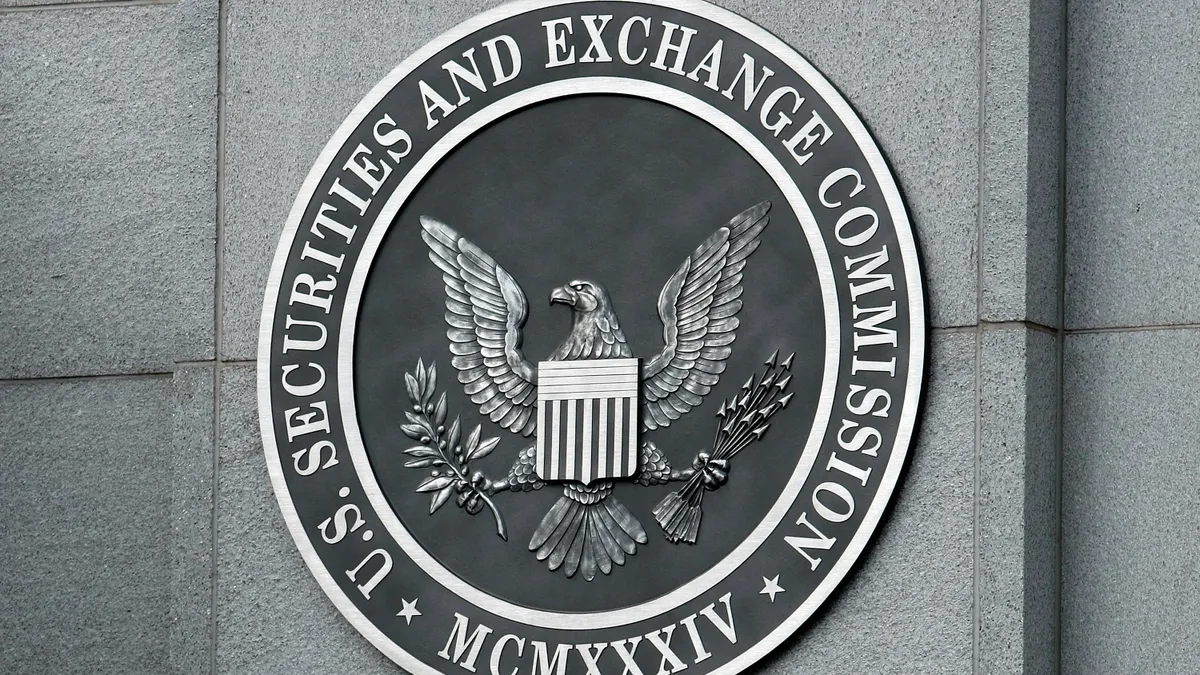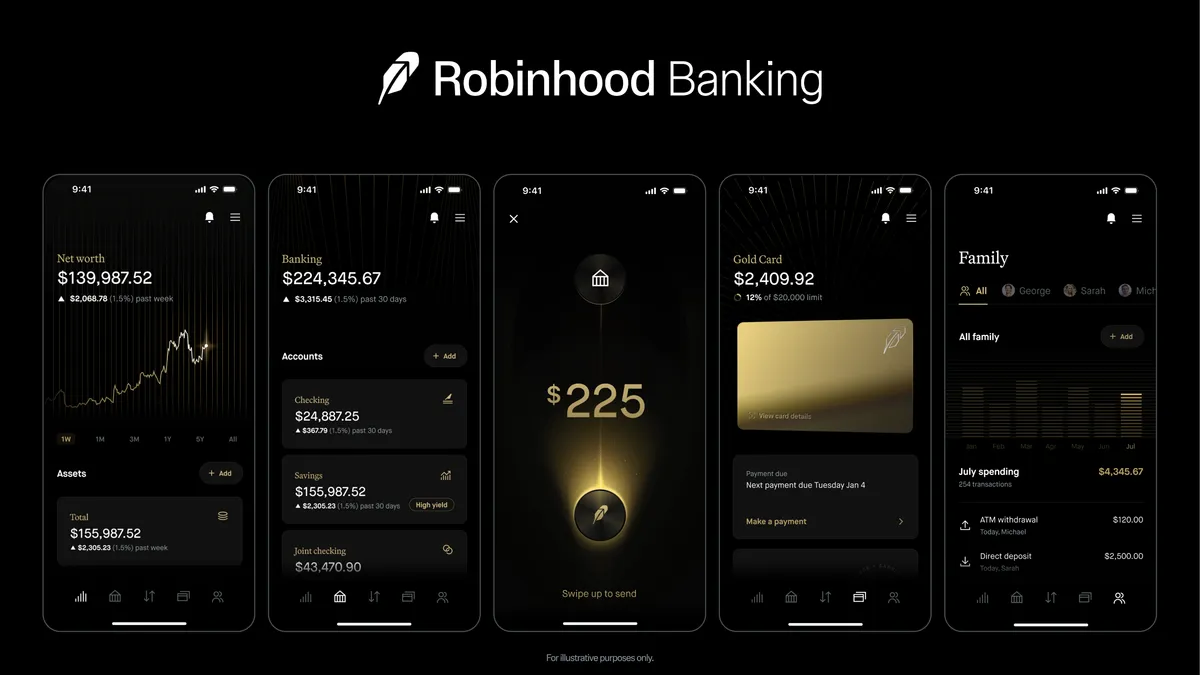The Securities and Exchange Commission’s decision to drop its case against Paxos related to the company's dollar-backed BUSD stablecoin, which the firm issued in partnership with Binance, suggests the agency believes it has some role in the crypto space. However, according to David Sacco, a lecturer in the finance department at the University of New Haven’s Pompea College of Business, the extent of that role is an ongoing debate.
“I think a lot of this is based on the issue of stablecoins being securities, which is the root of the dispute between the SEC and the platforms,” Sacco, told Banking Dive via email. “Recent court decisions have come down on both sides and I suspect the SEC is responding to the impact of those decisions on this issue.”
Paxos disclosed the SEC's decision in a press release last week.
The regulated blockchain and tokenization platform announced that the SEC issued a formal termination notice on July 9 stating that it will not recommend enforcement action against Paxos in its BUSD probe.
“We believe this development will unlock a new wave of stablecoin adoption by leading global enterprises,” Paxos said in a statement. “Well-designed stablecoins with strong consumer protections – like those issued by Paxos – will transform the financial system in payments, settlement and remittance use cases. This transformative technology will make the financial system more stable, accessible and transparent.”
The notice comes more than a year after the SEC sent a Wells notice in February disclosing an impending enforcement action against Paxos over violations of investor protection laws.
Another regulator, the New York Department of Financial Services, ordered the cryptocurrency firm to stop issuing new BUSD — the order stemming from “several unresolved issues related to Paxos’ oversight of its relationship with Binance,” NYDFS said at the time.
The SEC ending the impending enforcement action against Paxos comes on the same day the agency dropped a three-year investigation into blockchain software developer Hiro Systems (formerly known as Blockstack PBC), which raised roughly $70 million in token sales from 2017 to 2019, according to a securities filing on Friday.
Binance and Paxos teamed up in 2019 in a stablecoin as a service agreement for BUSD and Paxos said the stablecoin was approved by the NYDFS. The regulator, on its part, said “the Department has not authorized Binance-Peg BUSD on any blockchain.”
Binance's role involved marketing and promoting BUSD within its ecosystem, while Paxos managed the reserves. The agreement stipulated that profits generated from investing these reserves would be equally split between Paxos and Binance. This arrangement allowed Binance to offer BUSD as a stable digital asset to its users while potentially benefiting from the interest earned on the underlying reserves, according to an SEC lawsuit filed in June last year.
The SEC claimed that BUSD was an investment contract, thus a security, and that profits from reserves benefited both Binance and Paxos. According to the complaint, some profits were passed to Binance users as yields.
Before filing the legal complaint in June, the SEC sent Paxos the Wells notice in February of that year. The crypto platform disagreed with the SEC's classification of BUSD as security and emphasized BUSD's 1:1 backing with dollar-denominated reserves.
“Paxos Trust Company has always maintained that its USD-backed stablecoins are not securities under federal securities laws and that the Wells Notice was unwarranted and unjustified,” Paxos reiterated in a statement last week.
Paxos’ stablecoins are fully segregated and held in bankruptcy remote accounts, the company added.
Binance.US, the U.S. affiliate of the world’s largest crypto exchange, laid off around 50 employees the same month following regulatory scrutiny and enforcement action.
The question has been raised repeatedly is whether digital assets pegged and backed by the USD should be treated as securities.
Over the past year, the SEC has sued crypto firms like Kraken and Coinbase. Gary Gensler, chairman of the SEC, has that several digital assets qualify as unregistered securities. However, the crypto exchange platform Coinbase counter-sued and compelled the agency to explain its thinking.
While the SEC will continue to adjust their role in this space by engaging in more in-depth issues, companies like Paxos will continue to adjust their strategies accordingly, Sacco noted.























